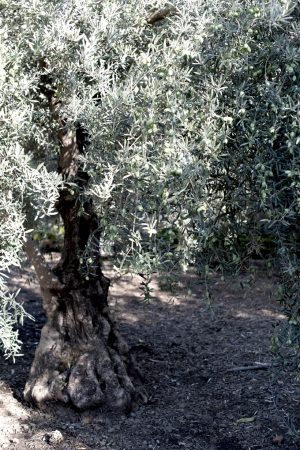Reference Number: 179
Year: 2007
Link: Link to original paper
Health: Blood pressure | Cancer | Heart Disease
Nutrition: Antioxidants | Polyphenols
Inclusions: Olive oil
Summary

The olive tree, Olea europaea, is native to the Mediterranean basin and parts of Asia Minor. The fruit and compression-extracted oil have a wide range of therapeutic and culinary applications. Olive oil also constitutes a major component of the “Mediterranean diet.” The chief active components of olive oil include oleic acid, phenolic constituents, and squalene. The main phenolics include hydroxytyrosol, tyrosol, and oleuropein, which occur in highest levels in virgin olive oil and have demonstrated antioxidant activity. Antioxidants are believed to be responsible for a number of olive oil’s biological activities. Oleic acid, a monounsaturated fatty acid, has shown activity in cancer prevention, while squalene has also been identified as having anticancer effects. Olive oil consumption has benefit for colon and breast cancer prevention. The oil has been widely studied for its effects on coronary heart disease (CHD), specifically for its ability to reduce blood pressure and low-density lipoprotein (LDL) cholesterol. Antimicrobial activity of hydroxytyrosol, tyrosol, and oleuropein has been demonstrated against several strains of bacteria implicated in intestinal and respiratory infections. Although the majority of research has been conducted on the oil, consumption of whole olives might also confer health benefits.
SIGNIFICANCE OF THIS STUDY
Olive oil is a major constituent of the Mediterranean diet, which is seen as a healthy diet with low incidence of cardiovascular disease and certain types of cancer. The antioxidants in olive oil could contribute to these health benefits. This suggests a diet rich in extra virgin olive oil is a positive step, especially if the oil is used raw in salad dressings to accompany bread, or baked into breads.

